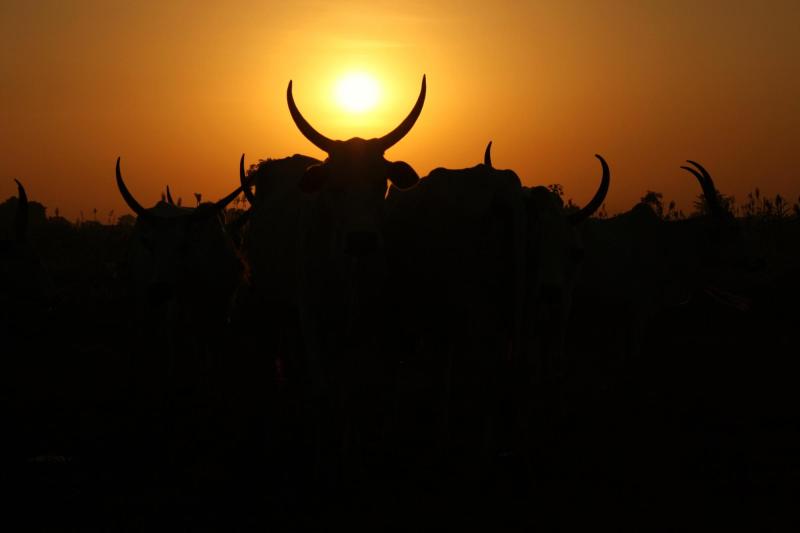Conflict in the time of Covid-19
In this brief, SPARC speaks to farmers and pastoralists in conflict-affected drylands of Nigeria to gauge how Covid-19, and lockdown measures, have affected their social relationships.
How have Covid-19 and lockdown measures affected the social relationships of farmers and pastoralists in the conflict-affected Nigerian states of Adamawa, Benue, Kaduna, Kogi and Plateau?
What, if any, changes in social cohesion and conflict have these farmers and pastoralists had to deal with against the backdrop of pandemic control measures and the other shocks they routinely face?
These were among the questions that SPARC asked farmers and herders in Adamawa, Benue, Kaduna, Kogi and Plateau to gain some insight into their experiences of social cohesion and conflict since April 2020.
This brief highlights how the activities of armed and vigilante groups changed during the pandemic; farmer and pastoralist perceptions of government pandemic response measures and aid, and how pandemic measures impacted social relationships within agro-pastoral and pastoral communities.
Our findings, which we share in this brief, highlight that:
Farmers and pastoralists largely reported that Covid-19 did not create new social, inter-ethnic or inter-group tensions. Where conflict was taking place, it had existed before the pandemic and was not perceived to have increased or decreased specifically due to pandemic measures;
Farmers and herders stated that longstanding feelings of land tenure disadvantage and ethnic tension, and/or conflict mediation efforts, were more important in shaping conflict than the shock (e.g. Covid-19) itself.
These interim findings provide valuable insight for policymakers, donors and aid actors seeking to reduce conflict risk, including how:
Governmental organisations, government and donors can more successfully reduce conflict risk regardless of shock by understanding background conflict contexts and supporting livelihoods, land tenure clarification and conflict mediation;
Aid actors need steady approaches to conflict mediation that work to address longstanding concerns and bolster local mediation efforts, not reactive approaches.
Future livelihood monitoring by SPARC
This brief is part of a three-part SPARC learning project to understand how farmers, herders and those living in conflict-affected areas in South Sudan, Nigeria and Somalia are coping with and adapting to multiple shocks and stressors. The first part of the project highlights research on people’s lives, livelihoods and wellbeing.
This brief reports on research from the second part, which captures people’s experiences of social cohesion, conflict and conflict mediation, and situates these within broader security contexts gathered from government, research and non-governmental organisation (NGO) reports and media sources.
The third piece, coming online later in 2021, will monitor rangeland, livestock and market conditions. Together, the three pieces will help us to understand how farmers, pastoralists and agro-pastoralists in drylands are making decisions as conditions change with time. The research will also enable us to ground recommendations to donors, NGOs and local and national governments on how to assist these groups more effectively, and support and complement locally led resilience actions.
At SPARC, we want to broaden the range of people we hold these conversations with, both in Nigeria and in other countries, and would like to know how to make our conversations and these updates more useful. Organisations interested in collaborating with us to do this can contact: [email protected]
